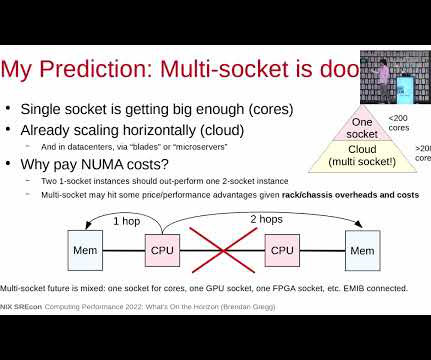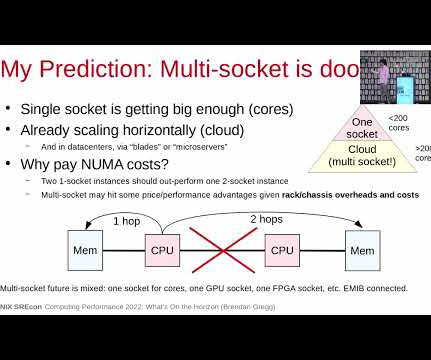Real-Real-World Programming with ChatGPT
O'Reilly
JULY 25, 2023
The inspiration (and title) for it comes from Mike Loukides’ Radar article on Real World Programming with ChatGPT , which shares a similar spirit of digging into the potential and limits of AI tools for more realistic end-to-end programming tasks. And if I switch tabs to view a paper from 2008, then a song from 2008 could start up.













Let's personalize your content